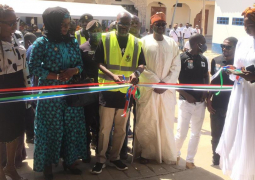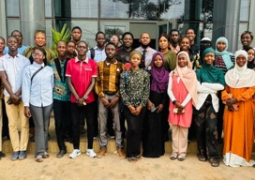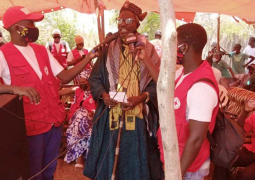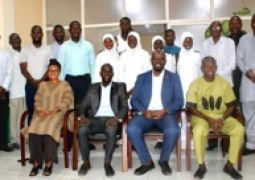
The National Nutrition Agency (NaNA) has already begun a large-scale enrollment exercise for newly selected beneficiaries under the initiative, which forms part of the Resilience, Inclusion, Skills, and Equity (RISE) project.
Jointly funded by the World Bank and the Government of The Gambia, the expansion will cover the remaining sixteen rural districts, with implementation spearheaded by NaNA in collaboration with the Department of Community Development (DCD) and the Directorate of Social Welfare (DSW).
The Nafa Program, a key subcomponent of the RISE Project, is designed to alleviate poverty and empower extreme poor households through regular cash transfers and social and behavioral change communication. It currently operates in the country’s 20 poorest districts and is being gradually scaled up nationwide.
Enrollment is already ongoing in various communities, including Kuntair Village, where 101 households have been registered, and Njaba Kunda in the North Bank Region-East, with 49 households enlisted. Other beneficiaries include 24 households in Jallow Kunda Ramatoulie and 41 in Niani Kayai, Kunaur Ward, both in the Central River Region-North.
Expressing her gratitude, Awa Dumbuya of Kuntair Village commended the project partners for what she described as a timely and life-changing initiative. She noted that given the current economic hardship, the cash transfer will greatly support household needs and pledged to use the funds wisely for her family’s welfare.
Similarly, Ebrima Jaiteh, Chairman of the Njaba Kunda Village Development Committee (VDC), welcomed the expansion with appreciation, urging all beneficiaries to manage the support responsibly and in the best interest of their households.





